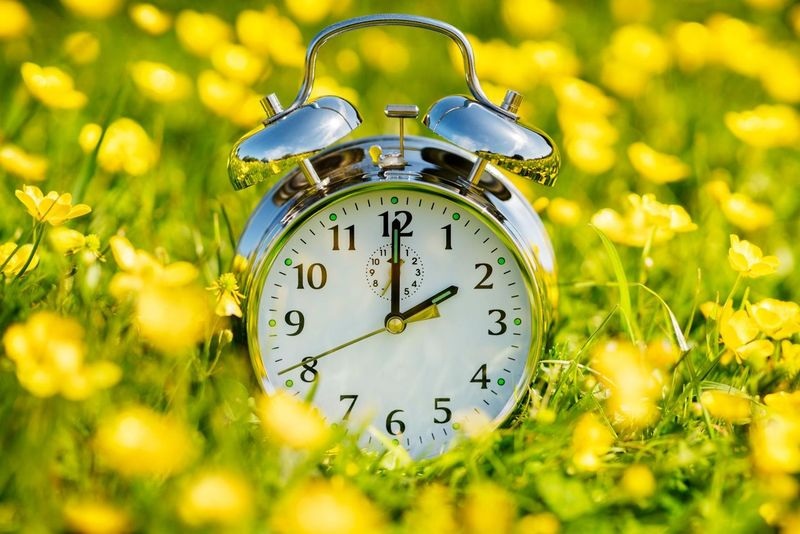Shutterstock Credit – Brian A Jackson
As our mornings get brighter and our evenings get lighter, the last Sunday of March marks the beginning of British Summer Time (BST), which this year falls on March 31st at 1am.
While the clocks go forward and we all lose an hour of sleep this Sunday morning, Mattress Online’s sleep expert, James Wilson, cautioned it’s not the morning when people might feel the effect, but the night.
James, also known as ‘The Sleep Geek’, said: “Most of us will lie in on a weekend, so the adjustment in wake-up time is not too noticeable. One thing to consider though is that on Sunday night, your normal bedtime will be one hour earlier on the clock than your body expects. So, you have a decision to make. One option is to go to bed when your body feels tired, which means staying up an extra hour on the clock compared with the previous day. Going to bed when you feel sleepy is usually the best option. In this instance, you will have to spend an hour less in bed in the morning. But the little bit of sleep deprivation this causes isn’t such a bad thing, as it will drive your body to go to bed a bit earlier the next day. This is how your bedtimes realign when the clocks change. Helpfully, Easter weekend and the school holidays are often right there, giving your body the opportunity to adjust.
“Getting out in natural daylight on Sunday will also help set your body clock and should allow your body to adjust to the change faster.
“The other option is to try and go to bed an hour before your body feels ready. Realistically though, you’re more likely to lay awake, frustrated that you’re failing to get to sleep. And you’ll feel less prepared for sleep as your body has been inactive for an hour.
For those feeling a bit stressed or anxious about their sleep when it comes to the time change, James has some words of advice.
“If you’re worrying about getting to sleep, then try some self-care to relax before bed: This could be listening to calming music, reading a book or taking a warm bath. Self-care habits include limiting your caffeinated drinks intake, exercising regularly and no alcohol before bed.”
Most people who don’t have sleeping issues should naturally adjust to the change within a couple of days, if not sooner. However, if you do struggle to sleep, there are key things to get right before seeking the help of a professional.
James suggests waking up as close to the same time every day as possible, including weekends, and having a consistent targeted sleep time. However, it is important to only go to bed when sleepy. He also suggests creating a better sleeping environment by making sure the bedroom is cool, dark and quiet. And check that your pillows and mattress are still comfortable and don’t need changing.
Mattress Online has a number of different methods it recommends for better sleep, including a form of self-hypnosis known as ‘finger breathing,’ which can be used to bring you back into a calmer state of mind.
If you are still struggling to go to sleep, it is recommended that you discuss your concerns with a GP.
